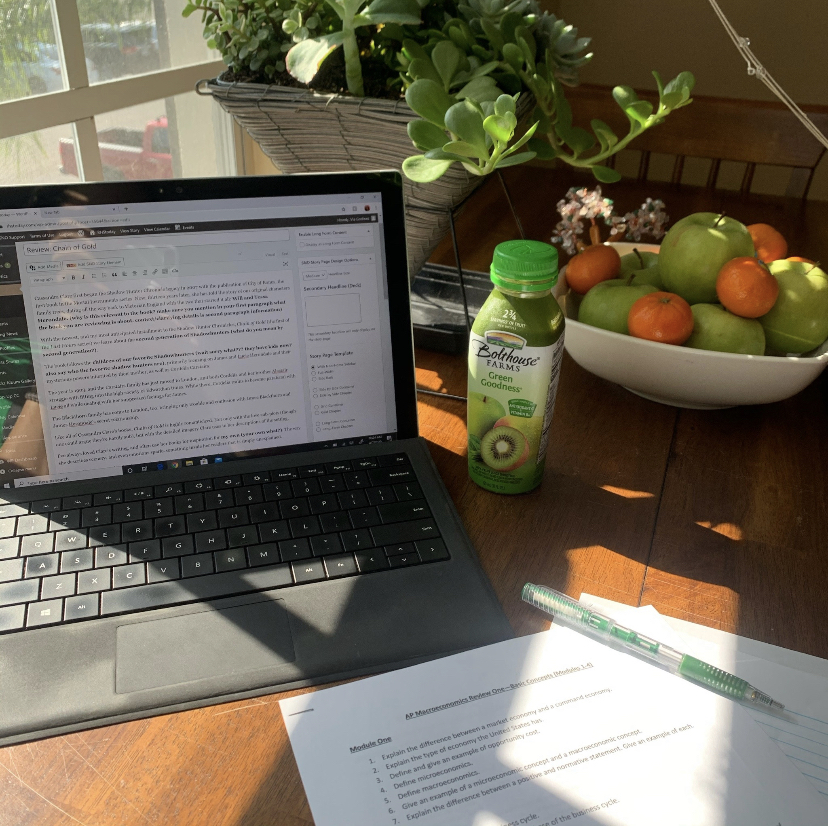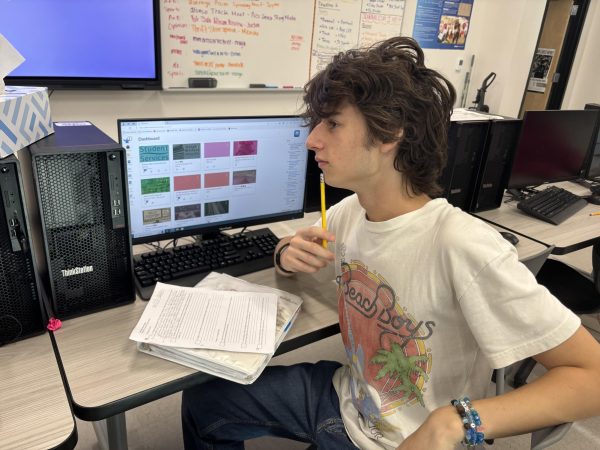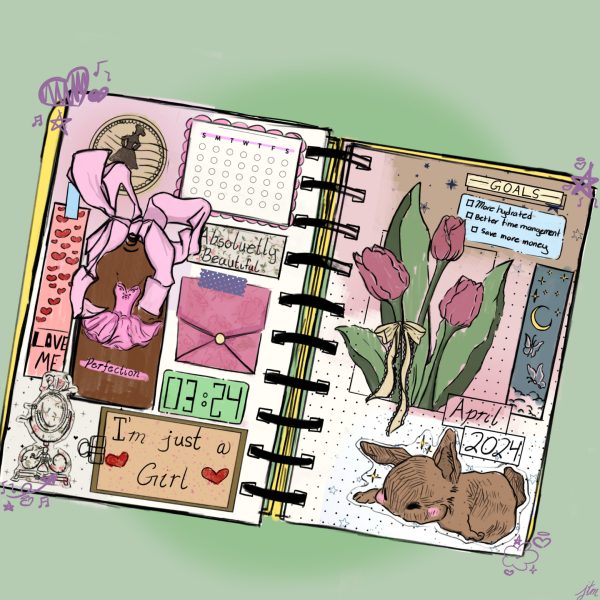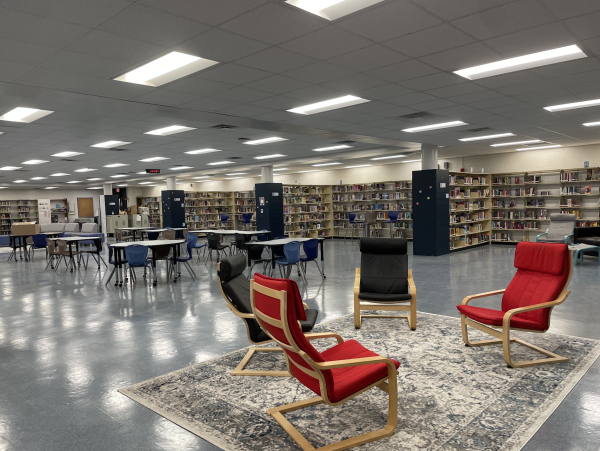How to effectively study in quarantine
How to stay motivated and on top of your school work during these trying times
April 14, 2020
With the recent COVID-19 situation, the government has encouraged those who can to work from home. This means that schools have shut down and switched to online learning platforms. With all the madness and confusion, integrating into at home learning can be a struggle. But don’t you worry, I’m here to share my top tips for studying in quarantine.
Creating a workspace:
Having a safe space for you to learn is optimal for success in this situation. I know not everyone is fortunate to have a separate room to do their work in, but using any space you can to your advantage will help in surmountable ways. Having a separate space dedicated to learning/studying helps increase focus and motivation.
Now, having a separate space doesn’t necessarily mean a whole other room, it could be as small as your kitchen table. If you don’t have a kitchen table, or can’t use it due to the distraction of other family members, even just a space in your room can work.
I, for example, have a very small room with not a lot to work with. Even just setting up a spot on your floor works well! I do advise, however, not to use your bed if you can help it. Your bed in general will likely be a distraction. But, if your bed is your only option, try to sit in a different position than you normally would. Sitting with your back to your wall rather than your headboard will make you feel like you’re in a new space (even if you’re not) and you’ll be less likely to want to fall asleep.
Your best bet is anywhere with minimal distractions.
Staying Organized:
Keeping track of assignments during at home learning can be hard, especially when you don’t have teachers breathing down your neck and reminding your every day. I’ve found that the best way to stay on top of assignments is with a planner of sorts. A planner doesn’t necessarily mean a notebook – it could be a wall calendar, a whiteboard, or even just sticky notes on your wall. I, personally, use a bullet journal. A bullet journal is a creative and customizable planner to help keep track of anything; ranging from assignments to events to meal plans. A bullet journal is also a good creative outlet for while you’re stuck at home. Whatever planning style you prefer works.
Having a routine:
Going from having a strict day-to-day schedule, planned out by the hour, to having no schedule at all can be hard for anyone. Creating a routine will help keep your mind clear and on track. For some, sticking to the schedule school provided us is what’s best, while others may want to create their own routine. However you do it, having a set time for certain things is key.
If you’re most productive in the morning, like me, you may want to wake up a bit early, listen to a lecture while you work out, maybe eat and then get started on any assignments. If you’re more productive at 3 a.m., that’s okay too! Eat your dinner, relax, and then get started on that project due in a week! However you do it, and whenever you do it is up to you, as long as you’re keeping to that schedule.
Study/work in increments:
Studying can be draining, especially now. Some teachers are lightening their work load to make it easier on their students, while others are increasing their work to make sure students are up to date. Whatever you’re dealing with, you always need to set aside time within your day to work.
Try not to work for more than an hour at a time without breaks. It’s important that you don’t overload yourself, right now more than ever. If you’re working/studying, and you’re on a roll and feel like you can go for hours, great! Use that to your advantage, but don’t force it.
To start, try working in 25 minute increments. Study whatever subject you can within those 25 minutes, then take a quick five minute break. Reward yourself with time off, even if it is just five minutes.
Keep electronic use to a minimum:
I know this tip can seem particularly difficult right now, when laptops and the internet is necessary for our required learning, but try to limit it wherever you can.
I mostly mean your phone. Cellphone are a distraction in a lot of every day life, and are best kept away from your working area. Even if you prefer to listen to music while your work, try to keep your phone out of reach while you work.
Reward yourself:
We’re all working hard right now, maybe even harder than we’ve worked before. It’s important to remember that we’re human, and it’s okay to feel overwhelmed. do what you can to reward yourself during breaks – whether it be with food or with cellphone use. You can even reward yourself while working: stick some mini chocolate bars between the pages of your text book, so that when you reach that spot you can have a prize!
Working hard is important, and staying disciplined is important. But it’s also important to know when you can stop working hard and you can start relaxing again.






















